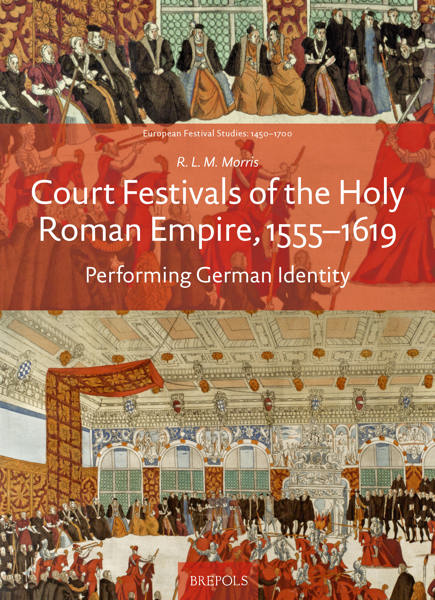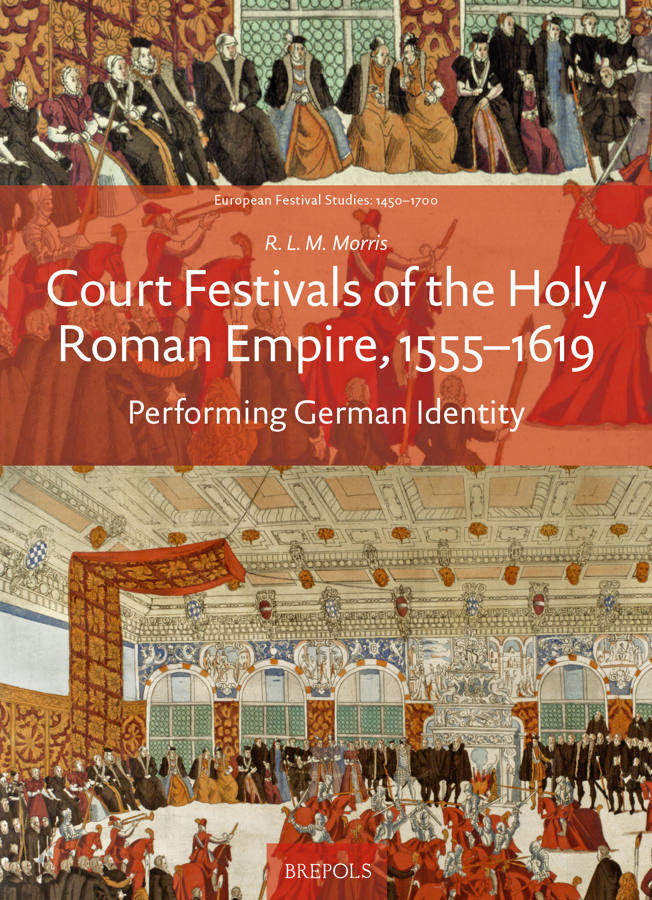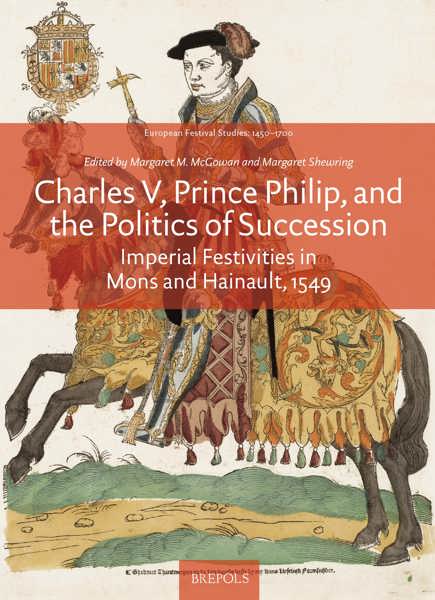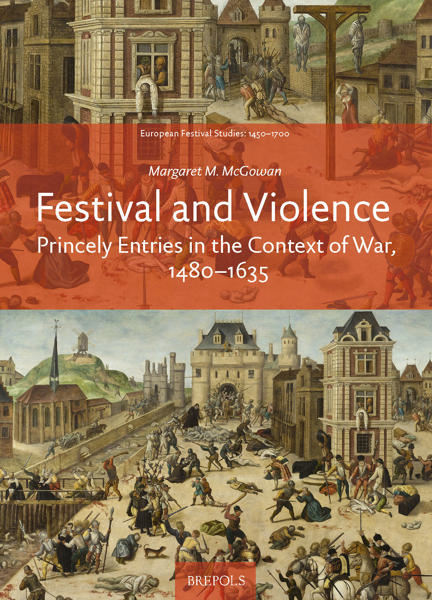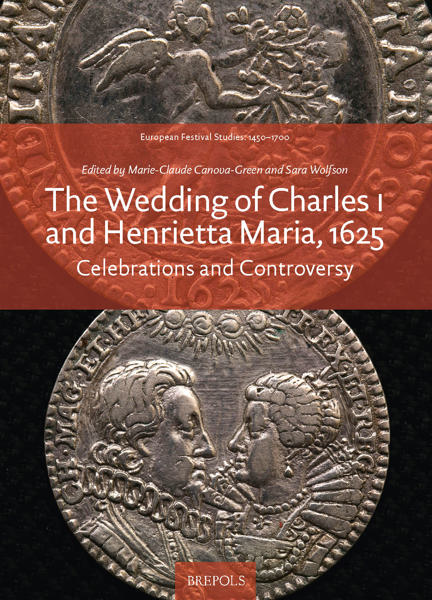
- Pages: 267 p.
- Size:178 x 254 mm
- Illustrations:13 b/w, 4 col.
- Language(s):English
- Publication Year:2020
- € 85,00 EXCL. VAT RETAIL PRICE
- € 50,00 EXCL. VAT DISCOUNT PRICE VALID UNTIL 30 Jun 2026
- ISBN: 978-2-503-58329-7
- Hardback
- Available
- € 85,00 EXCL. VAT RETAIL PRICE
- ISBN: 978-2-503-58330-3
- E-book
- Available
This book argues that court festivals within the early modern Holy Roman Empire provided a flexible rhetoric of identity, grounded in the performance of virtue, even though who legitimately possessed this identity was contested.
Dr R. L. M. (Richard) Morris studied history as a member of Trinity College, University of Cambridge, where he was elected a Senior Scholar in 2011. He completed his doctoral research there in 2017 and his thesis forms the basis of this monograph. Dr Morris sits on the advisory board of the Society for European Festivals Research, and is a Research Associate in History at St Benet’s Hall, University of Oxford, as well as a Supervisor in History at the University of Cambridge.
This study represents a new approach to the analysis of early modern court festivals, setting the question of identity at its heart. It explores identity as it was portrayed, constructed, and upheld through court festivals within the Holy Roman Empire of the German Nation in the period between the Peace of Augsburg in 1555 and the coronation of Friedrich V, Elector Palatine, as King of Bohemia in 1619. Structured thematically, this detailed analysis touches on core themes of early modern European history including state formation, princely courts, gender, religion, science and the natural world, and cultural encounters. In doing so, it draws on, and speaks to, scholarly literature not only from different historical sub-disciplines but also from sociology and anthropology. Ultimately, Morris argues that these court festivals provided a flexible, albeit contested, rhetoric of identity, grounded in the performance of humanist virtue. Through the performed, material, and literary rhetoric of court festivals, the concept of nobility through virtue was reworked, refined, and given a new vocabulary within the German context. This was inextricably linked with politics in light of the reforms made to the Holy Roman Empire at the end of the fifteenth century, the confessional divisions of the sixteenth century, and the mounting tensions of the early seventeenth century which were to culminate in the Thirty Years War.
Preface
List of Illustrations
Introduction: Festivals and Identity in the Late-Sixteenth and Early-Seventeenth Century Holy Roman Empire of the German Nation
Chapter I: Lineage, Legitimacy, and History
Chapter II: Mortality, Masculinity, Femininity, and Mutability
Chapter III: Nature and the German Land
Chapter IV: Religion, Piety, and Confessional Difference
Chapter V: Festival Encounters and the Shifting Borders of German Identity
Conclusion: Virtue, Identity, and the Politics of Access to Festival
Bibliography
Index
